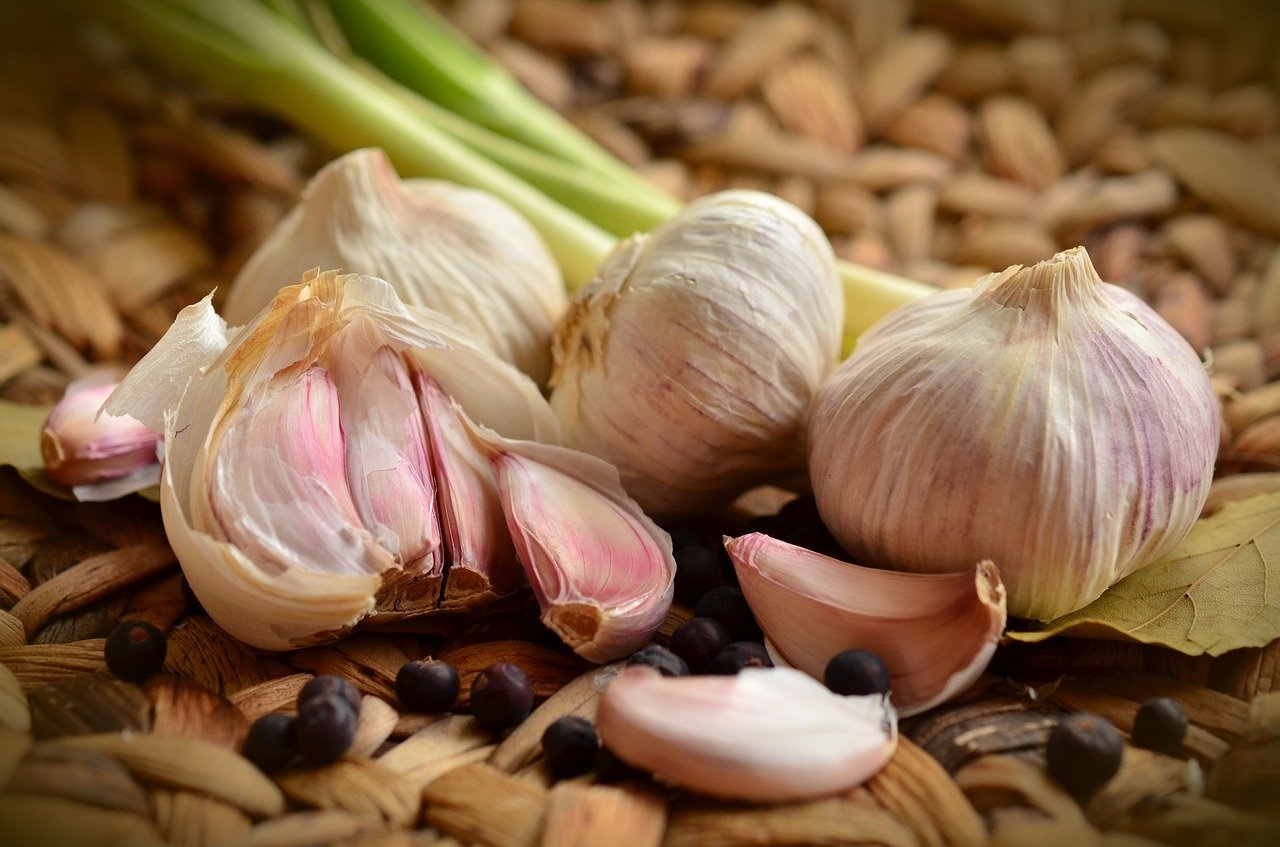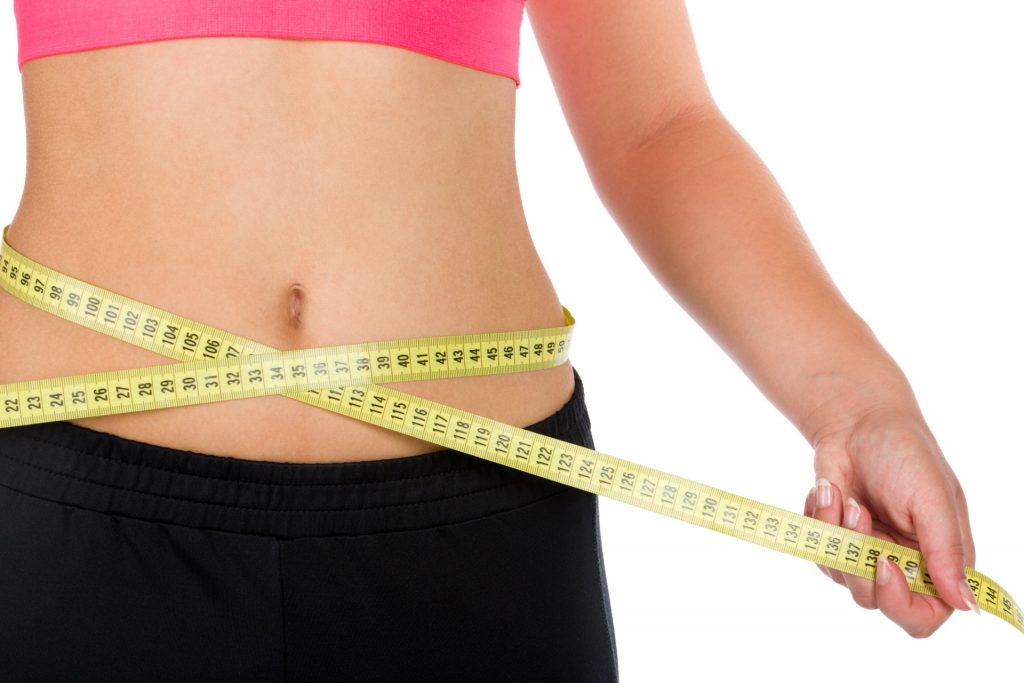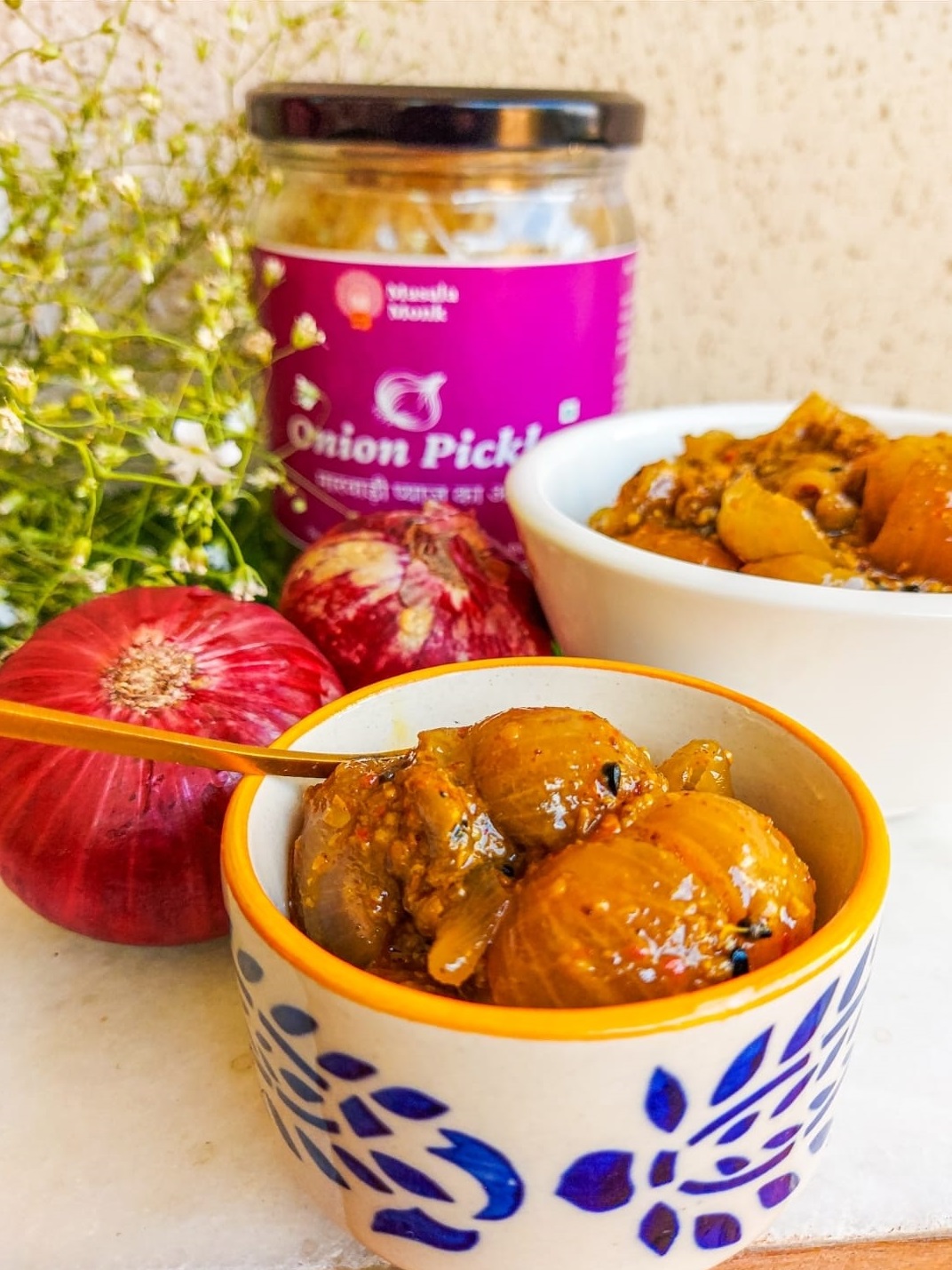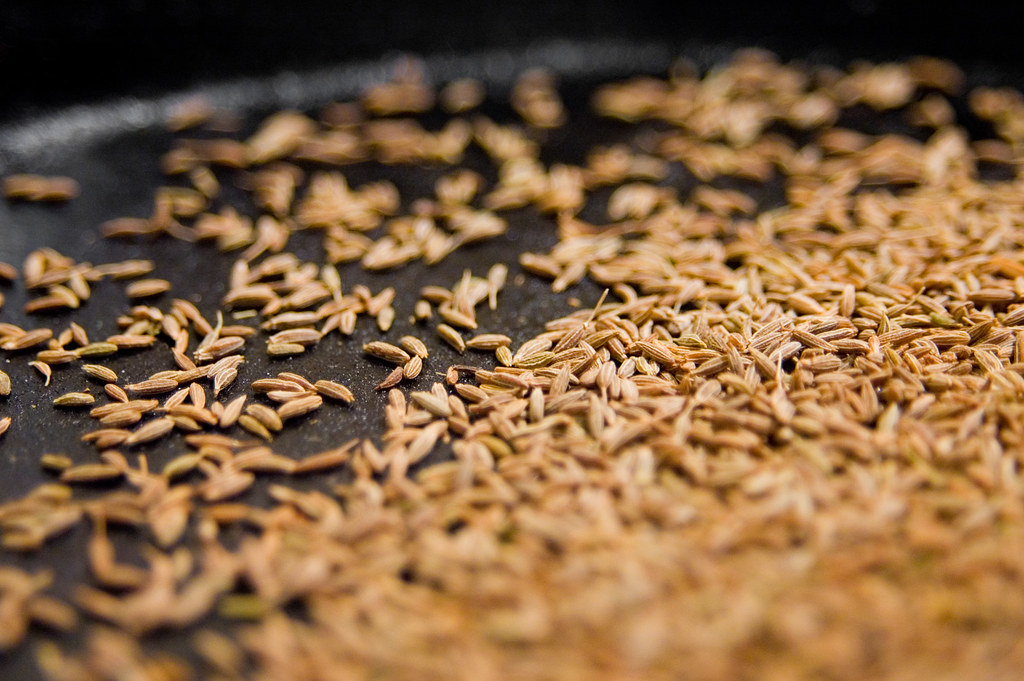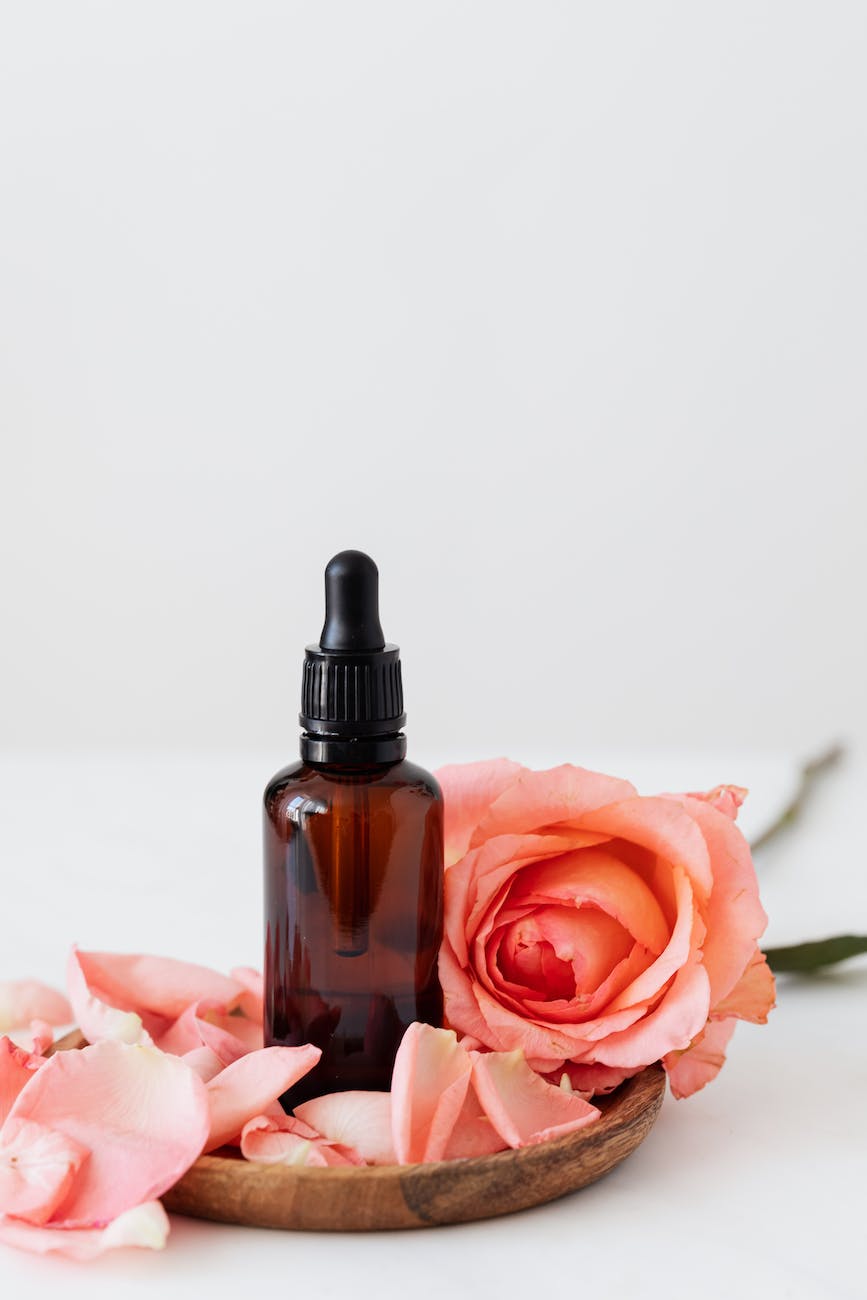
In the realm of health and wellness, detoxification remains a popular topic. With a multitude of diets and cleanses promising a range of health benefits, one stands out from the rest due to its simplicity and longevity – the Master Cleanse. This detox diet leverages the potency of lemon, cayenne pepper, and maple syrup to help rejuvenate the body. This comprehensive guide explores the ins and outs of the Master Cleanse, from its historical roots to its modern-day application, the benefits of its key ingredients, variations of the detox recipe, and the science that underpins it.
Understanding the Master Cleanse
The Master Cleanse, or the Lemonade Diet as it is often referred, is a form of fasting cleanse designed to detoxify the body. The allure of this particular cleanse is its simplicity, requiring only a few common ingredients, yet purported to bring significant health benefits.
The Historical Backdrop and Purpose
Stanley Burroughs, an alternative health enthusiast, is the brains behind the Master Cleanse. Introduced in the 1940s, it was initially intended to cure stomach ulcers and improve overall health. However, its popularity soared when people started reporting rapid weight loss, leading to its recognition as a “quick-fix” solution for weight loss. While this may be a motivating factor for some, the primary goal of the Master Cleanse is to flush toxins from the body and to rest the digestive system, facilitating overall well-being.
Anatomy of the Master Cleanse Recipe
A day on the Master Cleanse involves consuming six to twelve glasses of a homemade lemonade mixture. Each serving of this signature lemonade comprises:
- 2 tablespoons of fresh-squeezed lemon juice
- 2 tablespoons of high-quality, organic maple syrup
- 1/10 teaspoon of cayenne pepper
- 10 ounces of purified or spring water
The ingredients are mixed together, resulting in a spicy, sweet, and tangy beverage that serves as your food for the duration of the cleanse.
Fasting: The Cornerstone of the Master Cleanse
Replacing all solid food with the lemonade mixture, herbal laxative tea, and occasional plain water brings the body into a fasting state. This phase typically extends for 10 to 14 days. It’s important to note that fasting, particularly for extended periods, should be undertaken with great care. It’s recommended to embark on such a cleanse under the guidance of a healthcare professional.
Potential Risks and Considerations
The Master Cleanse is not a one-size-fits-all solution. It’s not suitable for everyone and could potentially lead to undesirable side effects. Due to the low calorie and nutrient intake, some people may experience lightheadedness, fatigue, irritability, nausea, or even more severe health problems. It’s highly advised against for pregnant or nursing women, individuals with chronic diseases such as diabetes or heart conditions, and those with eating disorders, unless explicitly approved by a healthcare provider.
Health Benefits of Key Ingredients
Lemon: The Vitamin C Powerhouse
Lemons are a rich source of vitamin C, a potent antioxidant that boosts the immune system, aids in skin health, and enhances digestion. The citrus fruit also has a high potassium content, beneficial for heart health.
Cayenne Pepper: The Metabolism Booster
This hot chili pepper isn’t just about adding a kick to your food. It contains a compound called capsaicin, renowned for its medicinal properties. Capsaicin can boost metabolism, aid digestive health, reduce hunger, and even relieve pain.
Maple Syrup: More Than Just a Sweetener
While maple syrup serves as the primary sweetener in the Master Cleanse lemonade, it offers more than just sugary appeal. It contains minerals like calcium, potassium, and magnesium, and antioxidants that can help fight inflammatory diseases.
Honey: A Natural Elixir (Optional)
While not part of the traditional cleanse, honey is sometimes used as a substitute for maple syrup. Honey is a natural sweetener known for its antioxidants, antimicrobial, and soothing properties.
Exploring Detox Drinks Using Lemon, Cayenne Pepper, and Honey
Beyond the Master Cleanse, there are simpler ways to incorporate the detoxifying benefits of lemon, cayenne pepper, and optionally, honey, into your daily routine.
The Basic Detox Drink
Start your day by preparing a basic detox drink. Squeeze the juice of half a lemon into a glass of water and add a pinch of cayenne pepper. This simple concoction aids digestion, hydrates the body, and kickstarts metabolism.
Adding a Sweet Twist with Honey
To balance the spice and tanginess, consider adding a tablespoon of raw honey. Along with sweetening the drink, honey brings in additional health benefits such as soothing the throat, improving heart health, and providing a natural energy boost.
Variations of the Detox Drink
Experimentation is the key to avoid monotony and to enhance the health benefits. You might consider adding other ingredients like fresh mint leaves for digestion, ginger for its anti-inflammatory properties, or turmeric for its antioxidants and anti-inflammatory benefits.
Best Time to Drink
Consuming these detox drinks first thing in the morning on an empty stomach optimizes their benefits. They not only wake up your digestive system but also set a healthy tone for the rest of your day.
Wrapping Up
While the Master Cleanse, with its blend of lemon, cayenne pepper, and maple syrup, offers a way to detoxify the body, it’s important to approach it, and any detox regime, with informed caution. Always seek professional advice before embarking on such a program. The individual ingredients of the cleanse, however, each pack a powerful health punch and can be incorporated into daily diets. By starting the day with a simple, healthy detox drink, you may find yourself one step closer to achieving your health and wellness goals.
FAQs
Q: Can I consume food while on the Master Cleanse? A: The Master Cleanse requires that you abstain from all solid food. Instead, you drink six to twelve glasses of the lemonade mixture, alongside water and herbal laxative tea.
Q: How long should I stay on the Master Cleanse? A: The recommended duration for the Master Cleanse is 10-14 days. However, this can vary based on individual health needs and tolerance levels.
Q: Can I exercise while on the Master Cleanse? A: As the Master Cleanse is a low-calorie diet, it is recommended to limit physical activities to light exercises such as yoga or gentle walks.
Q: Can I replace maple syrup with honey in the Master Cleanse? A: Although honey isn’t traditionally used in the Master Cleanse, some people prefer it as an alternative to maple syrup. If choosing to use honey, ensure it is raw and unprocessed for maximum health benefits.
Blog Tags: Master Cleanse, Detox, Lemon, Cayenne Pepper, Maple Syrup, Detox Drinks, Health, Wellness, Cleanse Diet, Lemonade Diet, Fasting

